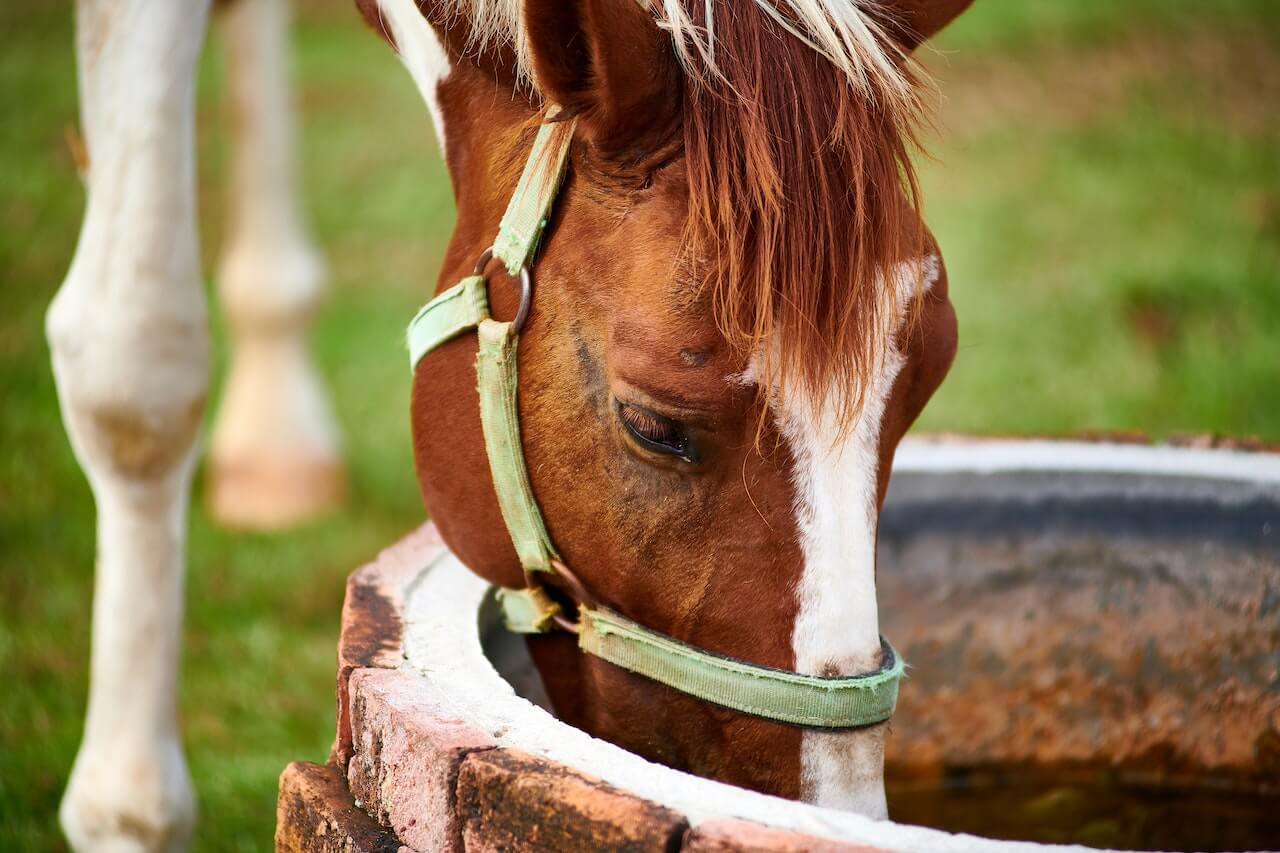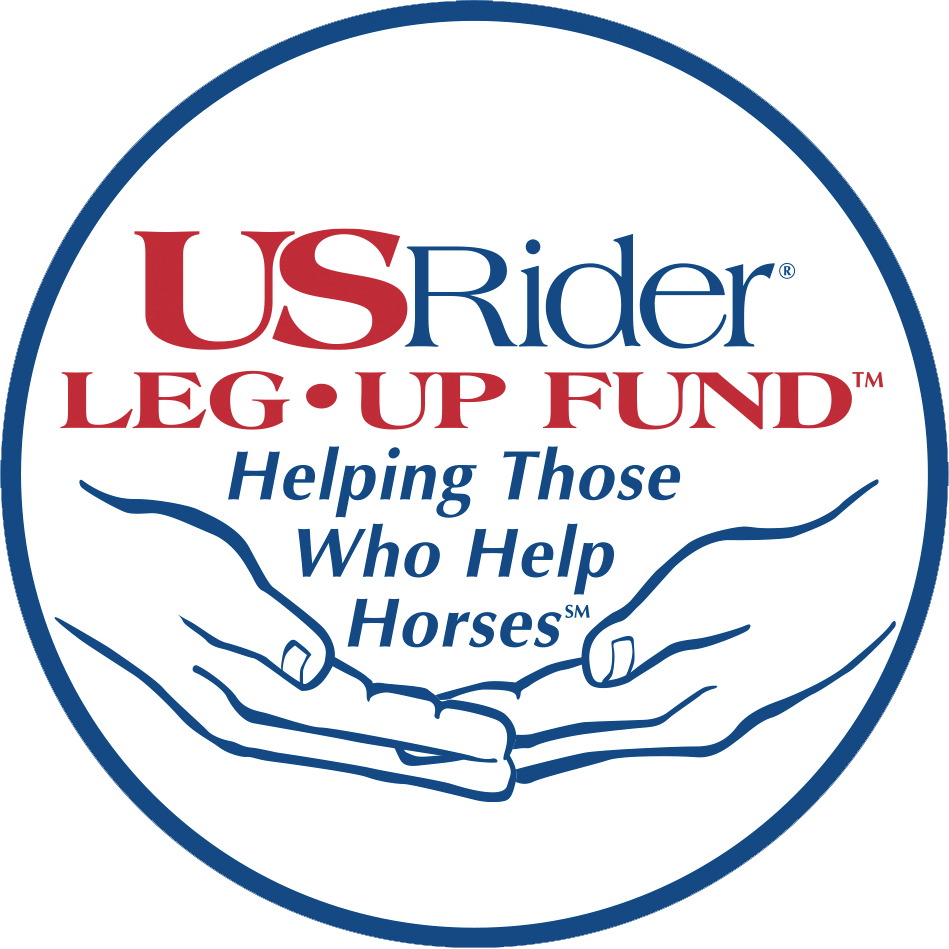When you’re worried about keeping your horse hydrated in the summer, the saying “you can lead a horse to water, but you can’t make him drink” isn’t just a tired aphorism....

When you’re worried about keeping your horse hydrated in the summer, the saying “you can lead a horse to water, but you can’t make him drink” isn’t just a tired aphorism. And while it’s true that you can’t force a horse to drink, there are a few things you can do to encourage water intake.

[Disclaimer: EQUUS may earn an affiliate commission when you buy through links on our site. Products links are selected by EQUUS editors.]
• Make sure he has access to clean water at all times. This seems obvious, but it can be easy to overlook an empty trough on a busy day or a bucket tainted with spilled, and now fermenting, grain. Make it a habit to check buckets and troughs at least twice a day, and test your automatic waterers just as often to ensure they are delivering ample water on demand. Most horses with continual access to clean water will drink enough to stay hydrated no matter how hot the weather may be.
• Give him some space. Hovering next to your horse’s water bucket can make him anxious enough to avoid it. Provide your horse with water, then walk away and take a few deep breaths. If you horse doesn’t appear to be in any distress, give him an hour or two before starting to worry. To even a slightly dehydrated horse, that much time won’t make a difference.
________________________________________________________
For your bookshelf:
Horse Owner’s Veterinary Handbook
Complete Horse Care Manual
The Horse Nutrition Handbook
________________________________________________________
• Try electrolytes. Electrolyte supplements are mixtures of the essential elements that a horse loses when he sweats, such as sodium, calcium and potassium. Usually delivered as a powder over grain or an oral paste, an electrolyte won’t rehydrate a horse, but it will make him thirsty enough to want a drink. Follow the dosing and feeding directions on the label. If your horse still doesn’t drink within an hour of a dose, check in with your veterinarian.
No matter how worried you are, do not try to force your horse to drink with a hose or syringe full of water. Not only are you unlikely to get enough water into him to make a difference, but there’s a very real chance of getting water into his respiratory system. If you are worried enough about your horse drinking that you’re tempted to try a hose or syringe, consult with your veterinarian.
This article first appeared in EQUUS issue #466, July 2016.


"*" indicates required fields